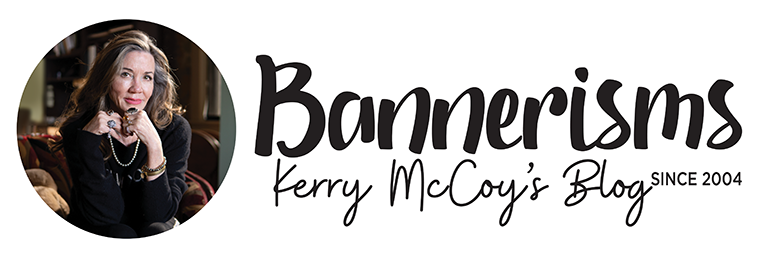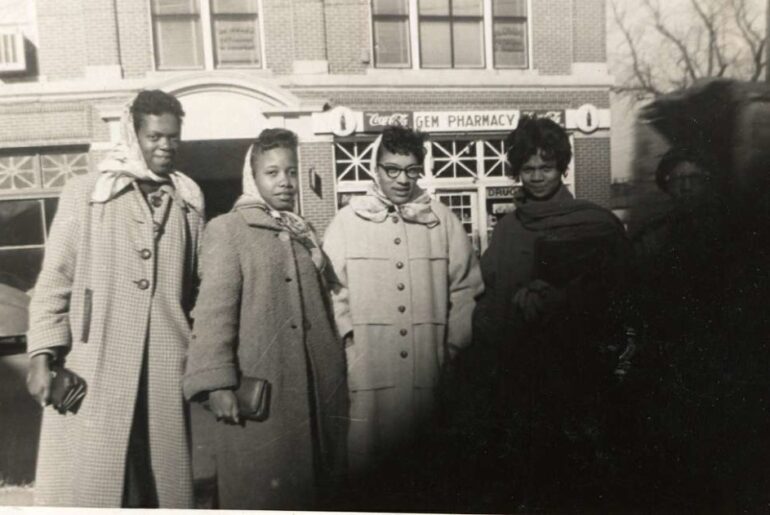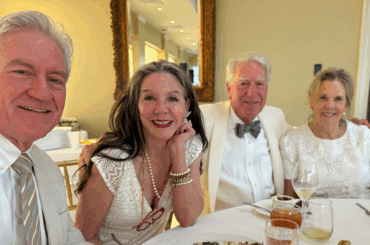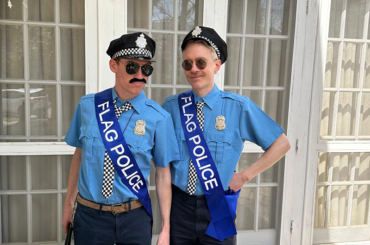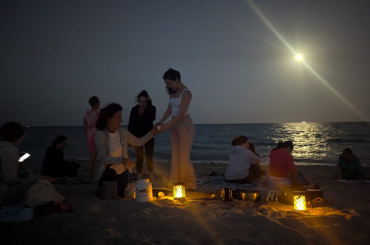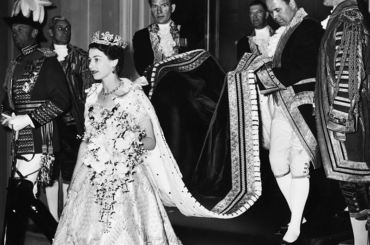I recently watched an AETN documentary about Lyndon B. Johnson (PBS LBJ from American Experience). Other than becoming President when Kennedy was shot, all I knew about LBJ was that he was an old time politician with a lot of glad handing coupled with good-ole-boy favors. I did not know he inherited the Vietnam War from Kennedy. I did not know he was our biggest champion of civil rights in America, passing two of the largest pieces of legislation in the twentieth century: the Civil Rights Act and the Voting Rights Act. I did not know that he broke color boundaries by hiring an African-American secretary and other African-American advisers.
In addition, all the good he did in his first year of office for equality and poverty in America were forgotten by the time re-election came around. All of the good he achieved was over shadowed by the unwinnable Vietnam War and by riots in American streets, often referred to as America Burning.
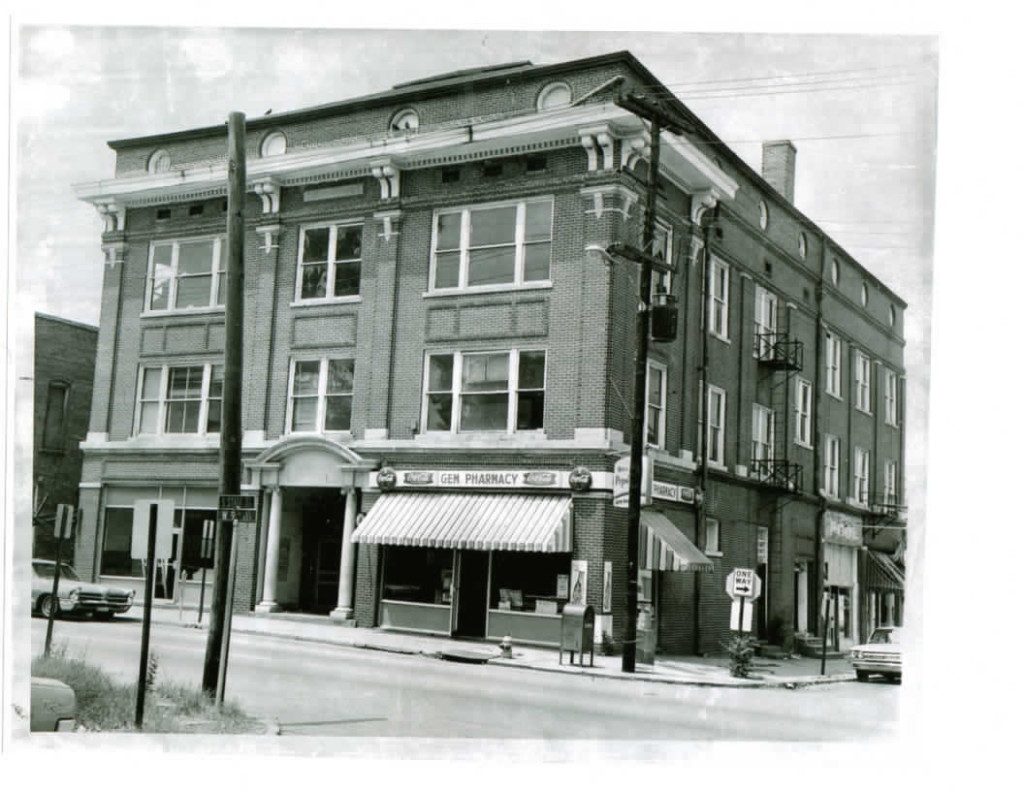
The unseen consequence of the Civil Rights Act was Black flight from Black businesses. With the freedom to shop anywhere, Black patrons began to shop in stores owned by whites. The loss in sales caused black businesses to go bankrupt, a rise in unemployment, abandoned store fronts and the birth of the ghetto. Within two short years, the once thriving African American business districts were crime ridden. Thousands of young black men and women were jobless, hopeless, angry and burning down neighborhoods like Watts that had once been the heart of the Black business district in Los Angeles, California.
When things go sour in America, the blame usually falls on the President. So Americans in the sixties blamed the unrest on LBJ, who reportedly felt unappreciated and helpless. With American money going to fund the Vietnam War, LBJ was unable to gain financing for his Great Society programs that he’d started five years earlier.
In the fight for equality among all peoples, no one considered the possibility of Black flight from Black businesses. The loss of their businesses, created the loss of entrepreneurs, jobs, pride, and a crumbling infrastructure in the Black community and gave birth to a new mentality of welfare and government assistance.
Today, I house Arkansas’ FlagandBanner.com in a once-thriving Black business building on a once-thriving Black business district of Little Rock. There is only one surviving Black business from this time gone by, Dubbison Funeral Home.
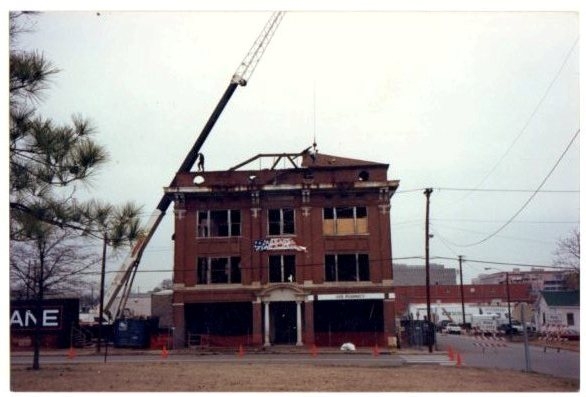
Because of the location of my business and the historic Ballroom on the top floor, I am asked quite often to share my view of what happened after the Civil Rights Act of 1964. I try to explain how quotas for hiring African American’s and women had to be put into place to force white business owners and government to hire from outside their norm. Even as I watched the LBJ documentary about our country and the turn of events, I was surprised to see there still was no explanation of why America was burning.
Today’s environment urges us all to talk candidly and honestly about race relations in America. The only path to healing is to understand how we got here and move forward together. I am often reminded in my own business decisions, that even progressive steps forward can have unknown consequences.
What Taborian Hall looked like when Kerry McCoy purchased the building after it was abandoned and left to the elements.
Learn more about Taborian Hall and the Dreamland Ballroom at their website www.dreamlandballroom.org.
